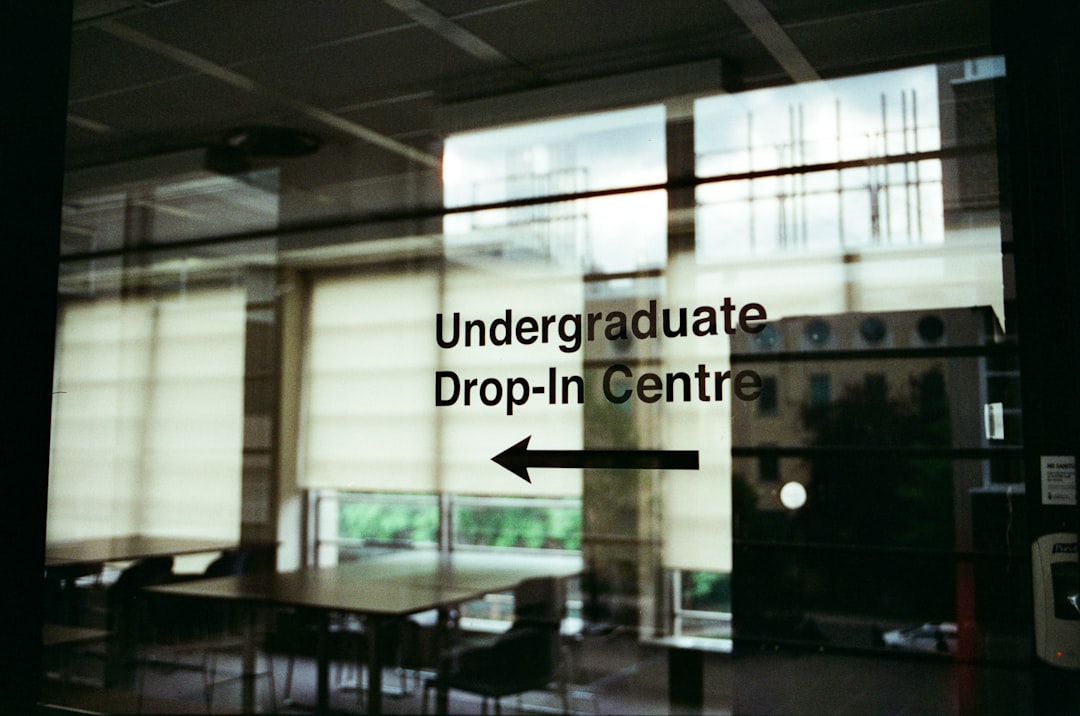No products in the cart.
Unlocking Career Potential: The Role of University Skills
Explore how universities can enhance student skills for better career opportunities, adapting to the evolving job market in 2025.
Toronto, Canada — In today’s fast-paced job market, the skills you acquire during your university years can make or break your career. As the landscape of employment continues to evolve, universities are tasked with a monumental responsibility: to equip students with not just the knowledge, but the practical skills needed to thrive in their chosen fields.
The traditional model of education, where students absorb information in lecture halls and regurgitate it during exams, is quickly becoming obsolete. In its place is a demand for hands-on experience, critical thinking, and adaptability—skills that employers now prioritize over mere academic achievements. This shift isn’t merely a trend; it represents a fundamental change in how we view education and its role in career development.

Consider the case of Sarah Chen, a recent graduate from the University of Toronto. Like many of her peers, she entered university with a clear vision: to become a marketing professional. Yet, as she began her studies, she realized that the theoretical knowledge she was gaining wasn’t enough. It was during an internship at a local startup that she truly began to understand the nuances of her field.
“I learned more in those three months than I did in two years of classes,” Sarah reflects. “It was about applying what I learned, working in a team, and understanding the real challenges businesses face.” This sentiment is echoed by many young professionals today who find themselves at a crossroads between academic knowledge and practical application.
Universities are recognizing this gap and are increasingly integrating experiential learning into their curricula. Programs that emphasize internships, co-ops, and project-based courses are on the rise, allowing students to gain valuable real-world experience before they even graduate. According to a report by the World Economic Forum, 65% of children entering primary school today will eventually work in jobs that do not yet exist. This statistic underscores the urgency for educational institutions to adapt and prepare students for a future that is as unpredictable as it is exciting.
This statistic underscores the urgency for educational institutions to adapt and prepare students for a future that is as unpredictable as it is exciting.
However, this transformation is not without its challenges. Many universities are grappling with outdated curricula, constrained by traditional academic structures that prioritize theoretical knowledge over practical skills. Additionally, there’s the question of resources. Not all institutions have the same level of access to industry partnerships or funding to support innovative programs.
Furthermore, the COVID-19 pandemic has accelerated changes in the job market, with many companies now favoring remote work and digital skills. The rise of artificial intelligence and automation also raises questions about the future of work and the skills that will be needed. Universities must evolve to ensure that students are not only job-ready but also equipped to navigate an ever-changing landscape.
To address these challenges, universities are increasingly looking towards collaboration with industries. Partnerships between educational institutions and businesses can create pathways for students to gain valuable experience and insights. Programs like the University of California’s “Industry Partnerships” initiative are setting a precedent, allowing students to work on real-world projects alongside professionals in their field.
Such collaborations can also lead to mentorship opportunities, where students can learn from seasoned professionals and gain insights into the skills that will be in demand. Mentorship is a powerful tool; it fosters connections and provides guidance, allowing students to navigate their career paths with more confidence.
Moreover, universities are also focusing on developing soft skills—those elusive interpersonal skills that are increasingly recognized as essential for workplace success.
Moreover, universities are also focusing on developing soft skills—those elusive interpersonal skills that are increasingly recognized as essential for workplace success. Communication, teamwork, and emotional intelligence are just as crucial as technical skills. A report from LinkedIn highlighted that 92% of talent professionals consider soft skills equally, if not more, important than hard skills.
As we look towards 2025 and beyond, the emphasis on lifelong learning will only become more pronounced. The days when a degree was enough to secure a lifelong career are long gone. Instead, professionals will need to continually upskill and reskill to stay relevant in an increasingly competitive job market. Universities must not only prepare students for their first job but also instill a mindset of continuous learning.
Indeed, the future of work is not just about the skills you have today, but about your ability to adapt and learn new skills tomorrow. Students entering the workforce in the coming years must embrace this reality. They should actively seek opportunities to expand their skill sets, whether through internships, online courses, or networking.
In this evolving landscape, the responsibility also lies with employers. Companies must be willing to invest in training and development for their staff, recognizing that their workforce is their greatest asset. By fostering a culture of learning and growth, businesses can not only enhance their productivity but also attract and retain top talent.
As the world of work continues to change, one thing is clear: the intersection of education and employment will be more critical than ever. Universities must rise to the challenge, creating environments that not only educate but also inspire. For students, the journey is just beginning. The skills they cultivate today will shape their careers tomorrow, opening doors to opportunities they may not yet envision.
By fostering a culture of learning and growth, businesses can not only enhance their productivity but also attract and retain top talent.
Ultimately, the future belongs to those who are prepared to embrace change, adapt, and continuously learn. The key to success in the 21st century lies not just in what you know, but in your ability to evolve along with the world around you.











